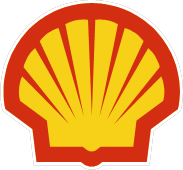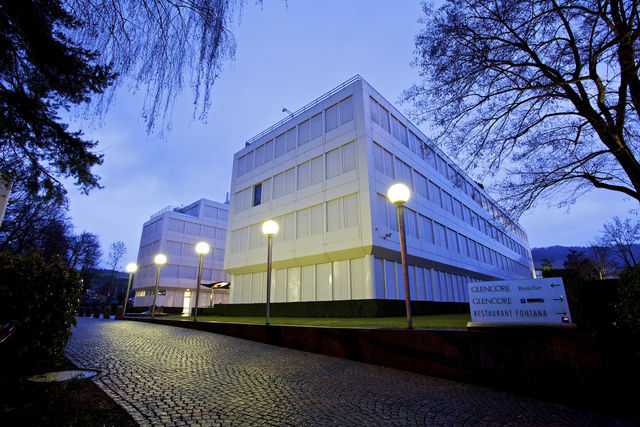 16 May 2014, Sweetcrude, Lagos – We are now probably a laughing stock because we went ahead to announce a bid round with a set timetable that seemed rather ambitious, commenced a road show and then went silent on the existence of 31 or 29 marginal fields. The original programme with timelines provided by DPR indicated that the bid rounds would be concluded by March and the winners of the bids would be announced in April 2014. Today, we are nowhere near any announcement of winners and a visit to the DPR Website would confirm that. A notice to prospective bidder’s states: “The modalities on the impending Marginal Field Bid Round shall soon be uploaded on this site in due course”. Where else in the world can this play out? To think that many credible Nigerians were able to identify serious minded investors, invest time, effort and resources to develop strategies, plans and put agreements in place with the anticipation that a bid round had commenced shows how far from serious we have become as a nation.
16 May 2014, Sweetcrude, Lagos – We are now probably a laughing stock because we went ahead to announce a bid round with a set timetable that seemed rather ambitious, commenced a road show and then went silent on the existence of 31 or 29 marginal fields. The original programme with timelines provided by DPR indicated that the bid rounds would be concluded by March and the winners of the bids would be announced in April 2014. Today, we are nowhere near any announcement of winners and a visit to the DPR Website would confirm that. A notice to prospective bidder’s states: “The modalities on the impending Marginal Field Bid Round shall soon be uploaded on this site in due course”. Where else in the world can this play out? To think that many credible Nigerians were able to identify serious minded investors, invest time, effort and resources to develop strategies, plans and put agreements in place with the anticipation that a bid round had commenced shows how far from serious we have become as a nation.
In December 2013, I actually thought it made sense to find partners (political, financial, technical and administrative). I met or spoke with the most reputable leaders in Nigeria’s oil and gas industry to assess the seriousness of the pronouncements and to fashion out strategies for marginal field acquisition then commenced with a plan to bid. Hey presto, after holding a Marginal Field workshop on the 27th of January, 2014 it became obvious and clear that some of us were more serious than the drivers of the project and in fact the projects (fields et al) had practically disappeared and there was no available marginal field to be bid..
Apart from the marginal fields programme, there are too many Nigerian projects hanging because Foreign Direct Investment to Nigeria has changed location to more lucrative, serious, stable and promising economies. There are too many variables yet unresolved for Petroleum Economists to make a choice and preference for Nigeria. The delayed passage of the Petroleum Industry Bill, political dynamics and state of security (human and financial) are primary reasons for the decline in Final Investment Decisions being given for major capital projects. With NLNG Train 7, OKLNG, Brass LNG stalled and Anadarko Petroleum in Mozambique aggressively trying to maximize the return on investments on 65 tcf of natural gas, Nigeria should have huge cause for concern as Mozambique is closer to the Asian market and would probably become a preferred choice for LNG supply in the Far East. After Qatar and Australia, Mozambique is being strategically positioned to become the world’s third major exporter of LNG.
In Angola, BP Block 18, ExxonMobil’s Block 15. Total’s Block 17 provides the LNG supply to the plant which is located in Angola on the Congo River delta and has a capacity to produce 5.2 million metric tons per year of LNG for regasification at a terminal in Mississippi, USA. U.S. oil major Chevron with a 36.4 percent shareholding, Sonangol with 22.8 percent stake and other stakeholders such as Total, BP and ENI are set to reap from their proactive investments where Nigeria lost a huge opportunity. Nigeria is yet to progress from Brass LNG FID’s muted in 2006, 2008, 2010 and 2012. To think that the greatest investor in LNG in Qatar is Shell, the Alma Mata of the Minister of Petroleum Resources and Qatargas 4 a fully integrated liquefied natural gas (LNG) at Train 7 (Operating as a 70:30 Joint Venture between the Qatar Petroleum and Shell), I am shocked that Brass LNG that is located in the same State from which both Mr. President and his Minister of Petroleum hail from is yet to make any significant progress.
The economics of LNG plants in Nigeria has been significantly affected by poor FID timing, the shale gas option in the USA also, so there is an urgent need as a last resort for Nigeria to enter the era of process technology, production of refinery, petrochemical and fertilizer plant products for in-country sufficiency. Whilst our Ministry of Petroleum is in limbo, distracted from its area of core competence or busy coordinating other related matters, Nigerians need to read the hand writing on the wall and focus more on power, the agro-allied industries and utilizing gas to implement local content, create value, jump start the manufacturing industry and enable industrialization.
*Dr. Ibilola Amao is the Principal Consultant with Lonadek Oil and Gas Consultants Limited, a firm of technical consultants with their core competence in the area of Local Content and Vendor Development. For more information or to reach Dr. Amao you can email her at [email protected] or visit www.lonadek.com.



